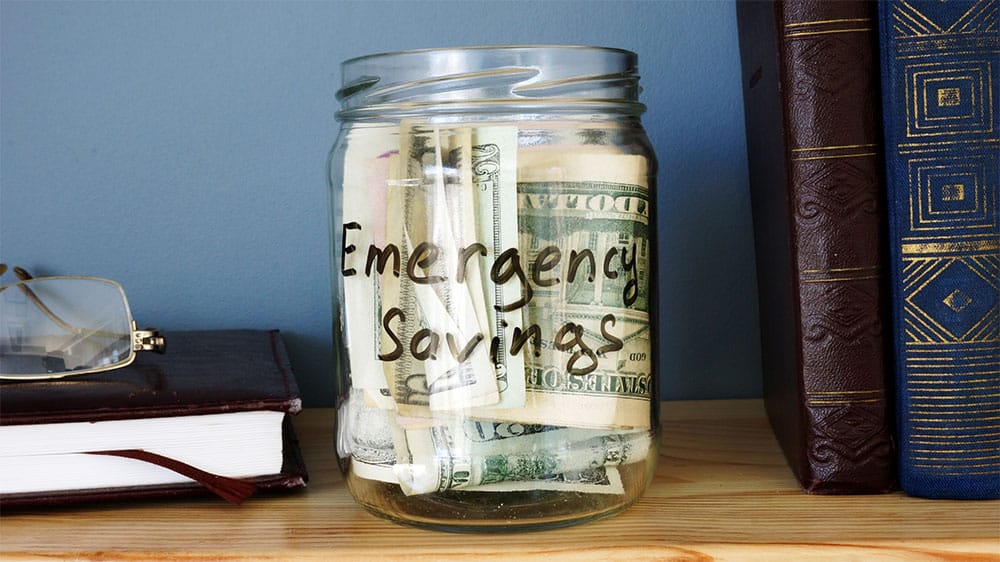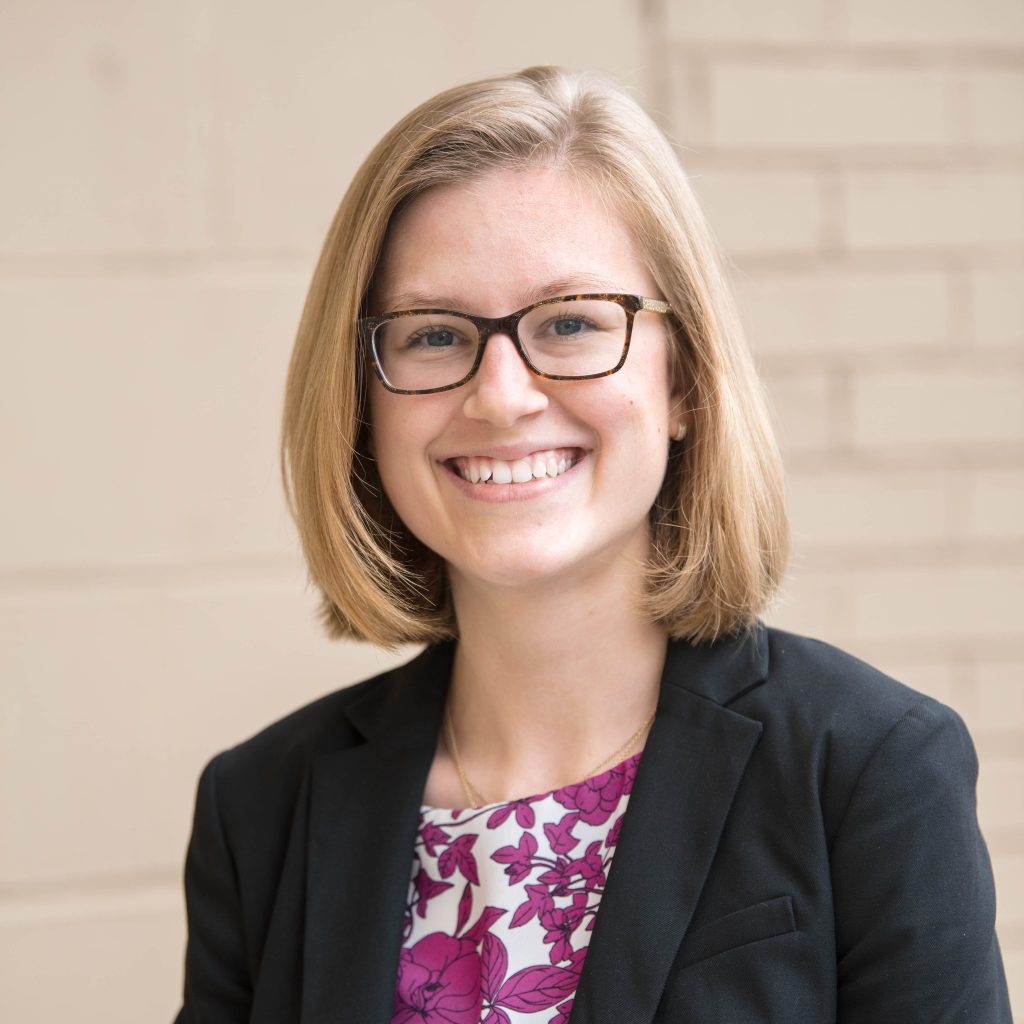Setting Up and Maintaining an Emergency Fund

How much should I keep in my savings account?
We hear this question all the time whether someone is wondering what the goal amount is they should be working toward building up in their savings account or wondering if they have too much in their savings account and should be doing something else with that money.
There is no right or wrong amount to keep in a savings account, and the recommended amount will vary from one person’s situation to another’s. Fortunately, there are some general guidelines to follow when determining what amount is right for you.
Normally, we will recommend keeping somewhere in the three to six months range of net income in a savings account. At the minimum, you would want to keep enough in your savings account to cover your necessary expenses for about three months and hold six months of income at the maximum.
What happens if I have less than the minimum recommended amount in my savings?
There are plenty of reasons to keep a chunk of money readily available in your savings account. Having money in savings will help keep you out of debt when an emergency or unexpected expense arises.
Some of the everyday situations we see people needing to use the money in their savings include job losses, medical expenses, home repairs, or car repairs.
What happens if I have more than the maximum recommended amount in my savings?
If you have more than needed in savings, then you have a large amount of money that is earning very little interest. The problem with this is that the interest we make in our savings account is normally less than the rate our expenses grow over time (a.k.a. the inflation rate). This means that the number of things we can purchase with the money in our savings decreases over time.
Our recommendation is to hold enough money in savings to cover short-term spending goals (these can include anything you are planning to purchase in the next 1-2 years) and emergencies. For any money in savings above those amounts, we would normally look at moving into an investment account with hopes of earning at least a little more in interest than what we are losing to inflation.
What decides if I should keep more money or less money in my savings account?
Different situations warrant keeping different amounts of money in your savings account. Some situations where we might recommend someone keep closer to the 6-month’s net income amount in savings include: only having one income earner in the household, job uncertainty, lack of disability insurance coverage, or owning a home.
This is just to give an example, however, there are many scenarios and combinations of these scenarios that determine what the appropriate amount is that should be kept in your savings account. We recommend working with a financial planner to help determine what amount of savings is appropriate for you, how to build up to that amount, and what to do with any money saved above your recommended amount.
Questions? You can schedule a no-cost meeting with one of our planners to discuss your situation and discover if planning is appropriate at this stage in your life. To set up your meeting, please visit www.seedpg.com/contact today

S.E.E.D. Planning Group LLC (S.E.E.D.)is a Registered Investment Advisor (RIA) with the SEC. S.E.E.D.’s team provides investment fiduciary and financial planning services to clients. Our fees are disclosed, easy to understand, and not predicated on product sales.
